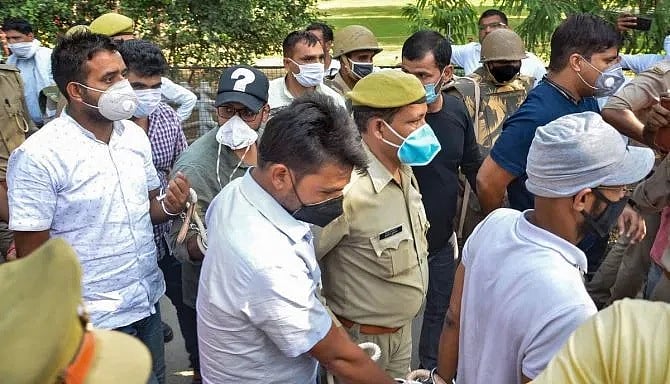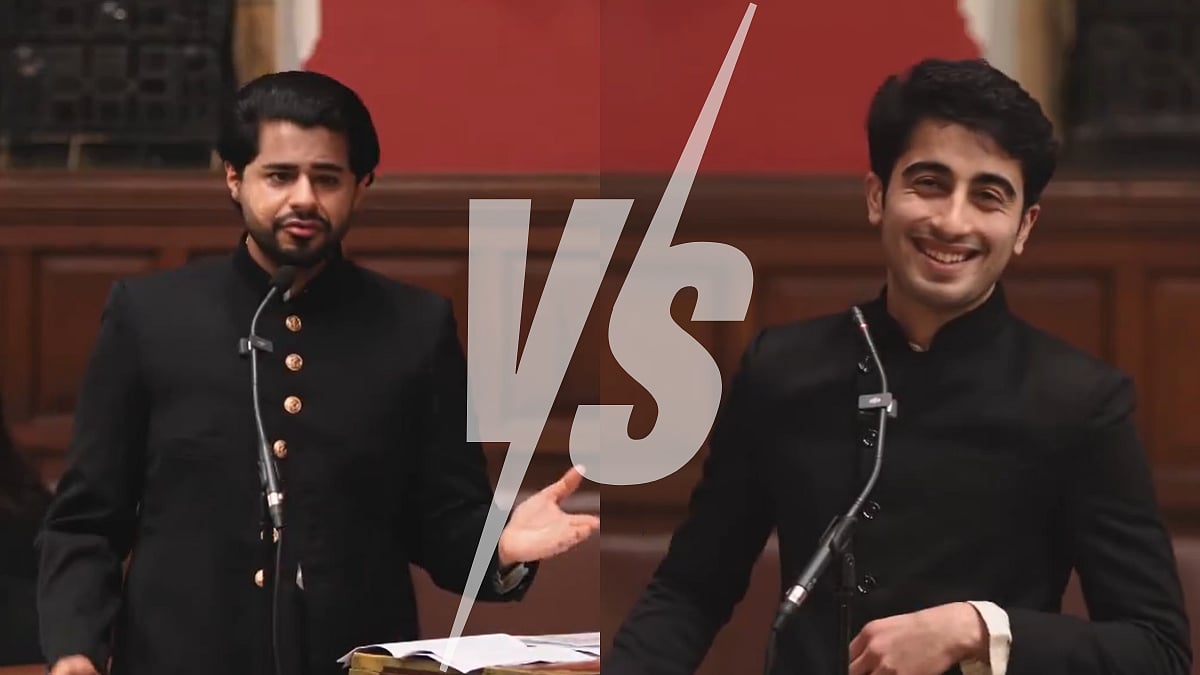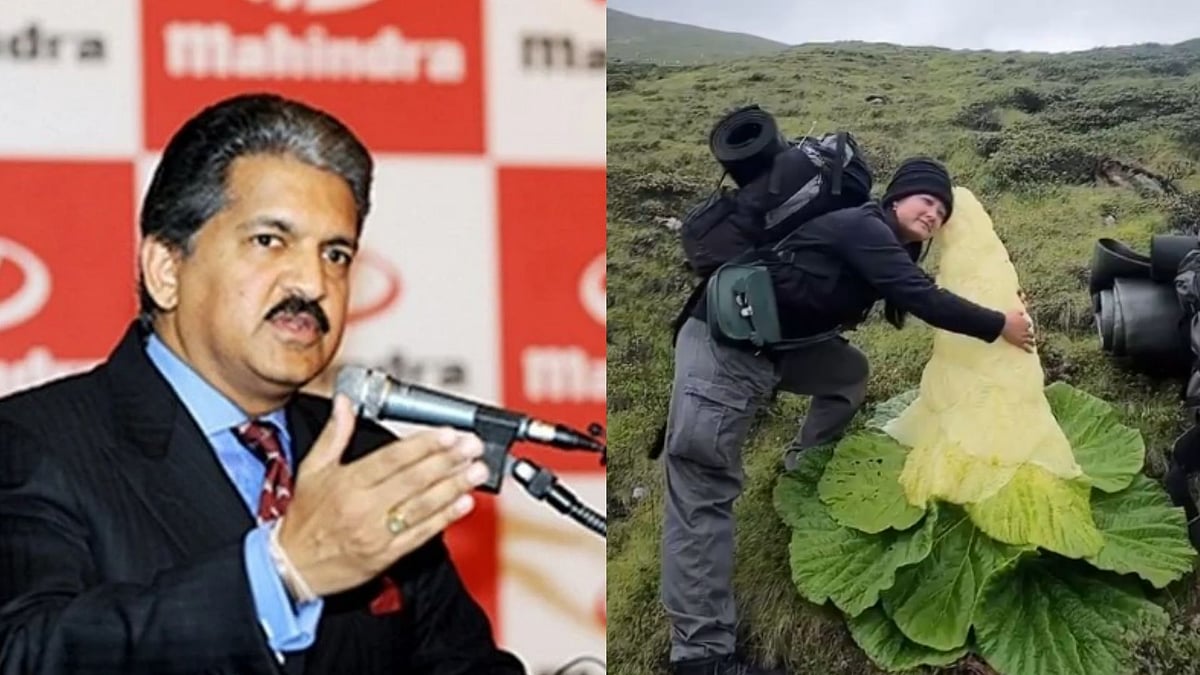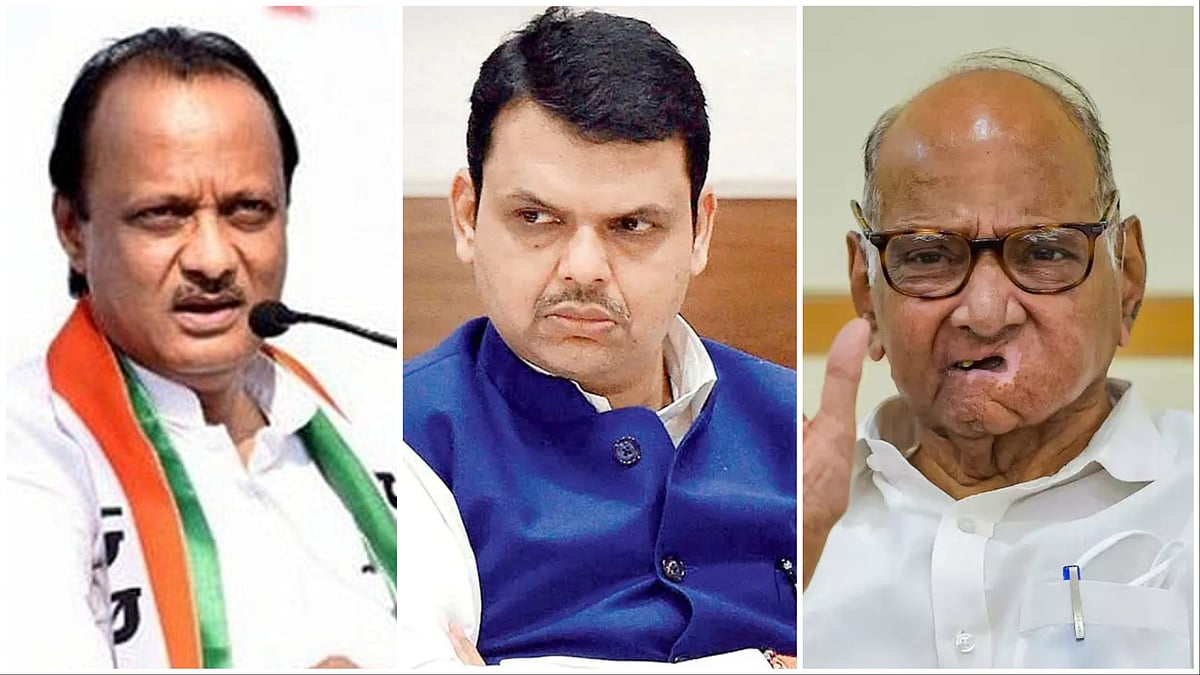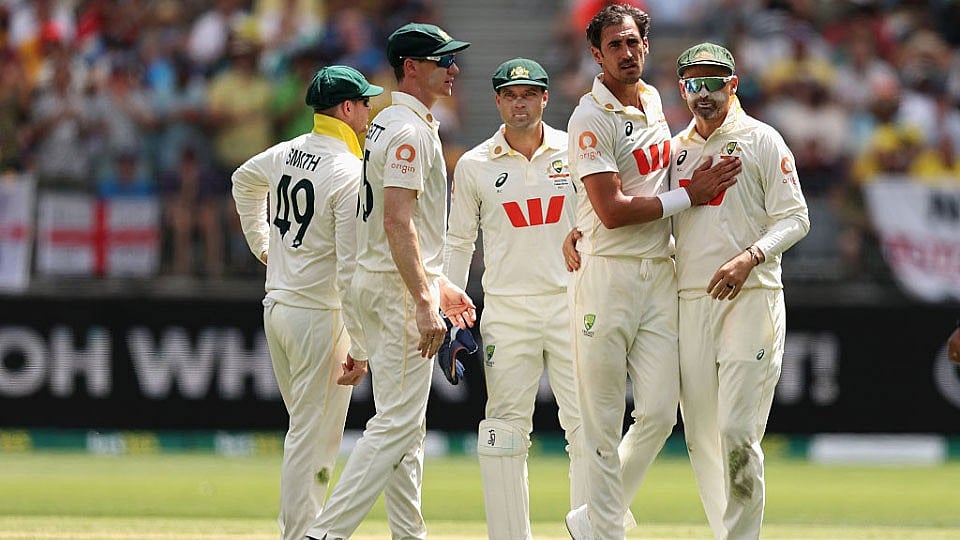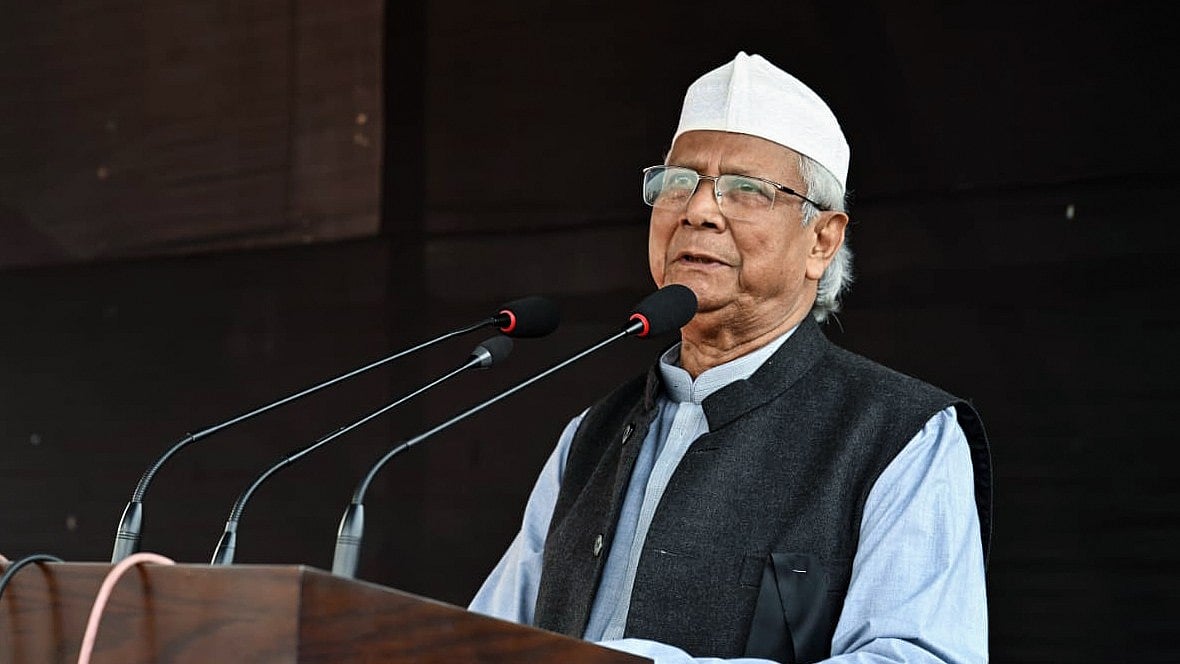The right to liberty forms an integral part of our Constitution’s basic structure, which is why our democracy is resilient enough for state governments to ignore being criticised. An erudite and urbane Justice Dhananyajaya Chandrachud observed this while granting interim bail to an ebullient Arnab Goswami who celebrated his freedom from Taloja Jail by pumping his fists in the air to the resounding cheers of a huge crowd which had gathered to see him walk out of jail on Wednesday.
Goswami has undoubtedly emerged as a national icon – as well he might—after being jailed for allegedly abetting the suicide of an architect whom he claims he never met. Sounds of the 'tutari' and other instruments ensured that Goswami’s supporters right to freedom of speech and expression was resoundingly propagated in full blast for all to hear – notwithstanding the eight reasonable constraints under which laws prohibiting huge motley crowds during the ongoing pandemic have been invoked.
As law and order comes strictly within the gamut of the state list in the Constitution, successive state governments exploit a corrupt and incompetent police, to intimidate critics like Arnab Goswami, whose selective outrage against cherry-picked politicians invite repercussions. This is because it is mandatory for a magisterial court to hear the complainant before issuing an A-summary certificate to police for closure of all criminal complaints. Quite often, police close suicide and murder cases due to political pressure, which may be why this case was closed and then reopened after a change of government.
Article 21 ensures every human being, whether they are an Indian citizen or not, are not jailed without following the safeguards laid down by law. This also applies to the Kerala freelance journalist, Siddique Kappan, who was jailed by UP Police in October while on the way to Hathras, to report on the dastardly alleged rape and cremation of a young Dalit girl’s body by the local police. The draconian Unlawful Activities Prevention Act (UAPA) was applied to this journalist.
Senior advocate Kapil Sibal who appeared for the Maharashtra government, which opposed freeing Goswami on bail, pointed out to the bench comprising Justices Dhananjaya Chandrachud and Indira Banerjee that a previous Supreme Court bench led by Chief Justice of India (CJI) Sharad Arvind Bobde, had directed Kappan to approach the lower court for bail when the journalist moved the apex court under Article 32 for relief.
The law is the same for all and so what applies to Goswami also applies to Kappan, whose status as a journalist is inferior to Goswami. But it is well-settled law that bail is the rule and jail is the exception, which is why Kappan could also have been freed on bail. Bail may even be granted in non-bailable offences like abetment to suicide, unless the accused may abscond or intimidate witnesses from deposing, which is unlikely in the case of Goswami or Kappan.
Senior advocate Dushyant Dave added to the polemic when he wrote a letter to the secretary general of the apex court pointing out that such extraordinarily urgent listings “cannot and do not take place without specific orders from the Chief Justice of India”. Dave sought to know if there was such a direction or if the secretary general or the registrar of listings was giving preference to Goswami.
Dave said in his letter, “the selective listings of matters which the Supreme Court registry was indulging in for the last eight months during the Covid-10 pandemic was a matter of serious concern” and questioned “why such selective listing was taking place when the system is supposedly computerised and is to work automatically?”
“…………likes of Shri Goswami get special treatment while ordinary Indians are made to suffer including imprisonment, which are many times illegal and unauthorised. Even someone like Mr P Chidambaram, a respected senior advocate, could not get similar speed listing (sic) and had to spend long months in jail till finally the Hon’ble Supreme Court declared he deserved to be bailed out.”
Arnab’s wife Samyabrata Ray Goswami sent a rejoinder to Dave’s letter, expressing outrage over the fact that her husband, Goswami had shouted his life was in danger while he was being transported to Taloja Jail in a covered police van and yet Dave had sent such a letter to the secretary-general. She said the entire Republic TV newsroom had followed the due process of law “despite the trampling of the free press and an Emergency-like situation prevailing in Maharashtra”.
She pointed out in her rejoinder that on August 29, 2019, a criminal writ petition, titled Romila Thapar versus Union of India, bearing diary number 32319/2018, was taken up for hearing by the Supreme Court on the same day when one of the lawyers appearing was the senior advocate Dushyant Dave himself. “The duplicity of the author (of the letter) speaks volumes of the motivational intent. This was a matter not filed by the aggrieved parties but by a few public spirited persons seeking to protect human rights and fundamental freedoms of certain individuals who are involved in alleged Naxalite activities.”
“It is public knowledge that on June 14th 2020, during the peak of the Covid pandemic, a special hearing was granted on a Sunday to another senior journalist Shri Vinod Dua in a petition filed by him under Article 32 of the Constitution of India challenging the FIR filed against him…….. ..thereby giving me a strong reason to believe the present attack on my husband and attempt to stall due process are a case of selective outrage.”
But all are entitled to the protection of the Supreme Court, whether they are Naxalites or a filmmaker accused of sexually stalking a woman colleague. If Goswami is entitled to bail and not jail, so are these alleged Naxalites, or perhaps an allegedly depraved Vinod Dua.
Article 14 declares the state shall not deny to any person equality before the law or the equal protection of the laws within the territory of India, on grounds of religion, race, caste, sex or place of birth. Both articles 14 and 21 are available to aliens and citizens residing within India. So, there is no reason why those accused of serious offences like abetment to suicide or sexual molestation should be denied urgent hearing before the Supreme Court, which is the custodian of the Constitution.
But idealistic reformers like Dave seek to bring order amidst chaos so that until the computerised case management system in the Supreme Court ensures the queue is not jumped, unequals like Arnab Goswami, Siddique Kappan, Vinod Dua will be treated unequally.
Olav Albuquerque holds a PhD in law and is a senior journalist-cum-lawyer of the Bombay high court.
